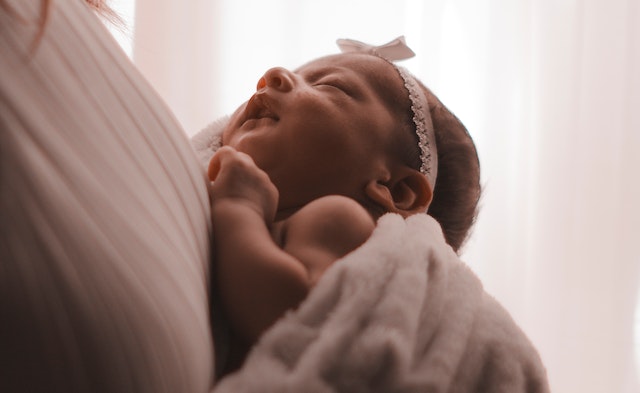There are many types of birth records, and each can have different purposes. These records can be used to trace a person’s genealogy, as well as for other purposes. Birth registration is a child’s most important step in establishing their identity. But too many children don’t get registered at birth.
Contents
Birth Certificates
Birth certificates are the first legal proof of identity for a child. They provide a record of the child’s birth and a description of their parents. They are legal documents that can be used for travel, passports, social security, driver’s licenses, etc. Initially, a birth is registered by the hospital with the state or territory registrar. A certificate can be issued for a home birth, but some states require a statement from a health professional or two other witnesses (such as parents or grandparents). The birth certificate consists of some information, such as the date and place of birth. It also contains a person’s name and other details, such as sex at birth.
In the United States, hospital birth records search usually includes the date and place of birth, the gender of the child and the name of both parents. Depending on the state, it may also include other important details, such as the child’s weight at birth. A birth certificate can also include the child’s name and any surnames to which the parents have a familial connection. However, if the mother was not married during conception or before the child’s birth, it cannot include the father’s name.
Death Certificates
Death certificates are official documents that provide personal information about the deceased and state the cause of their death. They are used for various purposes, including settling estates and claims for life insurance, retirement benefits, pensions, and other legal matters. Government officials also use these records to compile statistics on causes of death and other related topics. This can be done by analyzing the information on the certificate or by checking it against other available records. The “cause of death” section, for example, includes fields that detail how a patient died (natural, accidental, suicide, or homicide), their age at the time of death, the date and location of the funeral, and whether a physician pronounced them dead. In this case, the patient was a 68-year-old woman who died from pulmonary emboli caused by deep venous thrombi.
The certification process varies from state to state, and it can take as long as 12 days or more to receive an official document. This is because county coroners and medical examiners must verify the deceased’s identity and verify that their death was not suspicious. Many factors, including ongoing investigations into the cause of death and the availability of records, can complicate this.
Marriage Certificates
Whether you’re planning to get married or are currently engaged, you must know how to obtain the documents required for your special day. A marriage license and marriage certificate are two of the most important pieces of paperwork that you’ll need to secure before, during and after your big day. A birth certificate is a legal document that proves your date and place of birth, establishes who you are, and gives you access to government benefits. It’s typically required when registering your child for school or in youth sports leagues, applying for social security or passports, and even if you’re considering getting married. In some countries, a birth certificate is issued by the government or a local civil registrar. This certificate contains detailed information about your birth, including your parents’ name and the date and place of birth. Many counties also issue marriage certificates. This can be a helpful tool for researching family history. Generally, a marriage certificate is issued by the county clerk’s office after a marriage ceremony. It is then filed with the county office and can be obtained by anyone who requests a certified record copy.
Adoption Certificates
A birth certificate can be important for many things: getting seen at the doctor’s office, allowing your child into school, and even applying for a passport. Once you adopt, your child will receive a new birth certificate with their name and adoptive parents’ names. There are different types of adoption certificates, each with a different purpose. Some have contact information for the birth parents, and others don’t.In an open adoption, there will be regular letters, photos and sometimes visits between the birth parents and the adoptive parents. Depending on the agreement between the birth parents and adoptive parents, there may be contacted for a set period, such as until your child is 18. The adoption process usually takes some time, and your child will get a new birth certificate once it’s finished. It will have their new name, adoptive parents’ names and birth state. In some cases, the state will seal an adopted person’s original birth certificate. This is generally done to keep adoption records confidential. Currently, many States only allow adoptees to access their sealed records by obtaining a court order.



